The Institute of Regional Studies (IRS), Islamabad, held a compelling lecture today under its Eminent Speaker Series, featuring renowned academic Dr. Ahmed Ijaz Malik, Associate Professor at the School of Politics and International Relations, Quaid-i-Azam University and PhD from the School of Oriental and African Studies (SOAS), University of London. The lecture, titled “Political Economies of Central Asia,” offered a comprehensive and analytical look at the dynamic socio-economic and strategic landscape of Central Asia, with a special focus on Kazakhstan, Kyrgyzstan, Tajikistan, Turkmenistan, and Uzbekistan.
In his opening remarks, President of IRS, Ambassador Jauhar Saleem, set the tone by framing Central Asia as a region of growing geopolitical significance. He highlighted the region’s geography, bridging Russia, China, and South Asia, positioning it as a vital transit hub for trade and energy across Eurasia. Reflecting on the region’s post-Soviet evolution, he noted the varied trajectories in governance and economic reform—from state-led models to market-oriented approaches. He also touched upon the region’s reliance on hydrocarbons and the resulting pressure to diversify, especially in the face of global energy shifts.
Dr. Malik’s address delved into the complex political and economic contours of the region, noting its landlocked geography but immense natural resource wealth. Kazakhstan, with its oil, gas, and uranium reserves, and Turkmenistan, rich in natural gas, stand out as energy giants. Uzbekistan, with substantial gold and cotton production, is moving towards economic liberalization. He lauded the 2025 Kyrgyz-Tajik border treaty as a promising sign of improving regional diplomacy. Dr. Malik stressed the pivotal role played by major global actors—China, the EU, Russia, and India—in shaping the region’s developmental trajectory. China’s enhanced role through the BRI, the Digital Silk Road, and strategic partnerships with Kazakhstan and Turkmenistan has reshaped infrastructure and digital connectivity. The European Union, meanwhile, is deepening its footprint via the €12 billion Gateway Initiative, a component of the broader Global Gateway strategy, aimed at mobilizing up to €300 billion globally across critical sectors including energy, transport, and technology.
Russia’s influence remains rooted in security frameworks and its North-South Corridor, though newer transport initiatives like the Trans-Caspian route and Middle Corridor. The EU’s first Central Asia Summit in April 2025 signaled a serious commitment to the region, identifying areas of cooperation such as counterterrorism, cybersecurity, border control, and safeguarding against hybrid threats, disinformation, and trafficking. Shared concerns around youth unemployment, labor migration, and environmental degradation—especially the Aral Sea crisis—were also underlined as ongoing regional challenges. Despite these, Dr. Malik pointed to significant opportunities in renewable energy, hydrogen development, rare-earth extraction, and digital innovation.
Regarding Pakistan’s engagement with Central Asia, Dr. Malik emphasized the importance of deeper economic and strategic partnerships. He highlighted Kazakhstan’s agricultural and petroleum sector reforms as a model Pakistan could adapt to revitalize its own economy. Kyrgyzstan offers scope for trade in consumables and tourism, while Uzbekistan’s shift toward IT and AI presents an opening for Pakistan’s skilled workforce. In Tajikistan, with remittances forming a key part of GDP and significant untapped mineral resources, there exists strong potential for bilateral cooperation. Dr. Malik also touched upon the underutilized potential of the TAPI pipeline, hampered by regional instability, and suggested that with a renewed focus and regional trust-building, such initiatives could still be realized.
Professor Malik also discussed emerging trilateral collaborations involving Pakistan, Azerbaijan, and Turkiye, citing recent agreements on trade, military cooperation, and sustainable development as steps toward a broader Eurasian strategic partnership. The lecture concluded with a call for Pakistan to build an economic transformation model grounded in reform of its agriculture, small and medium industries, and the creation of industrial and technological hubs. By initiating trade in key sectors, developing sovereign wealth funds and Sukuk bonds, and strengthening economic diplomacy, Pakistan could position itself as a more effective player in the evolving Central Asian matrix.
The event concluded with a lively Q&A session and was attended by academics, analysts, and students.

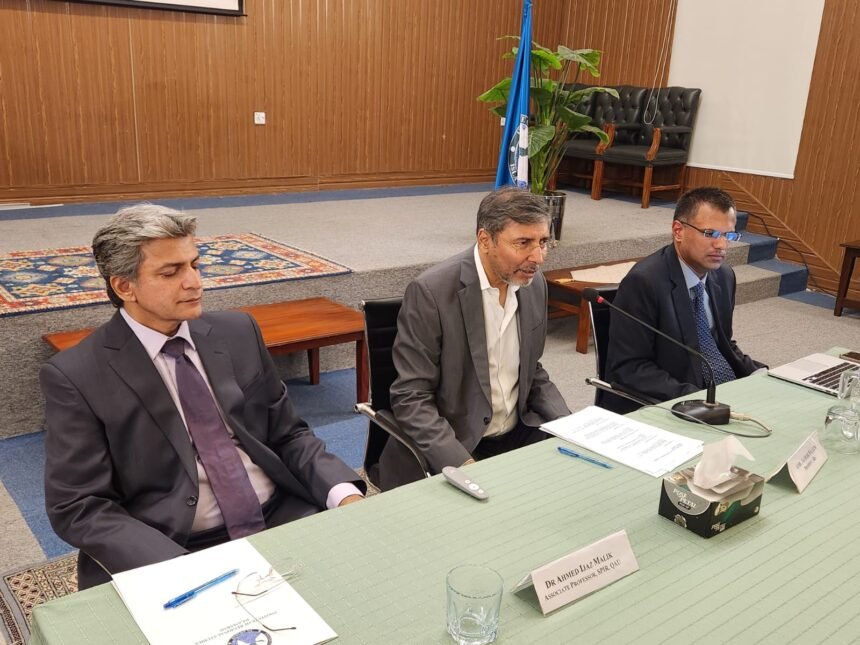
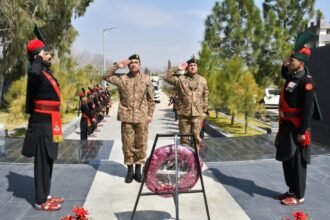
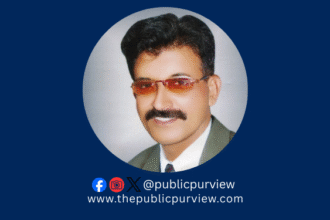
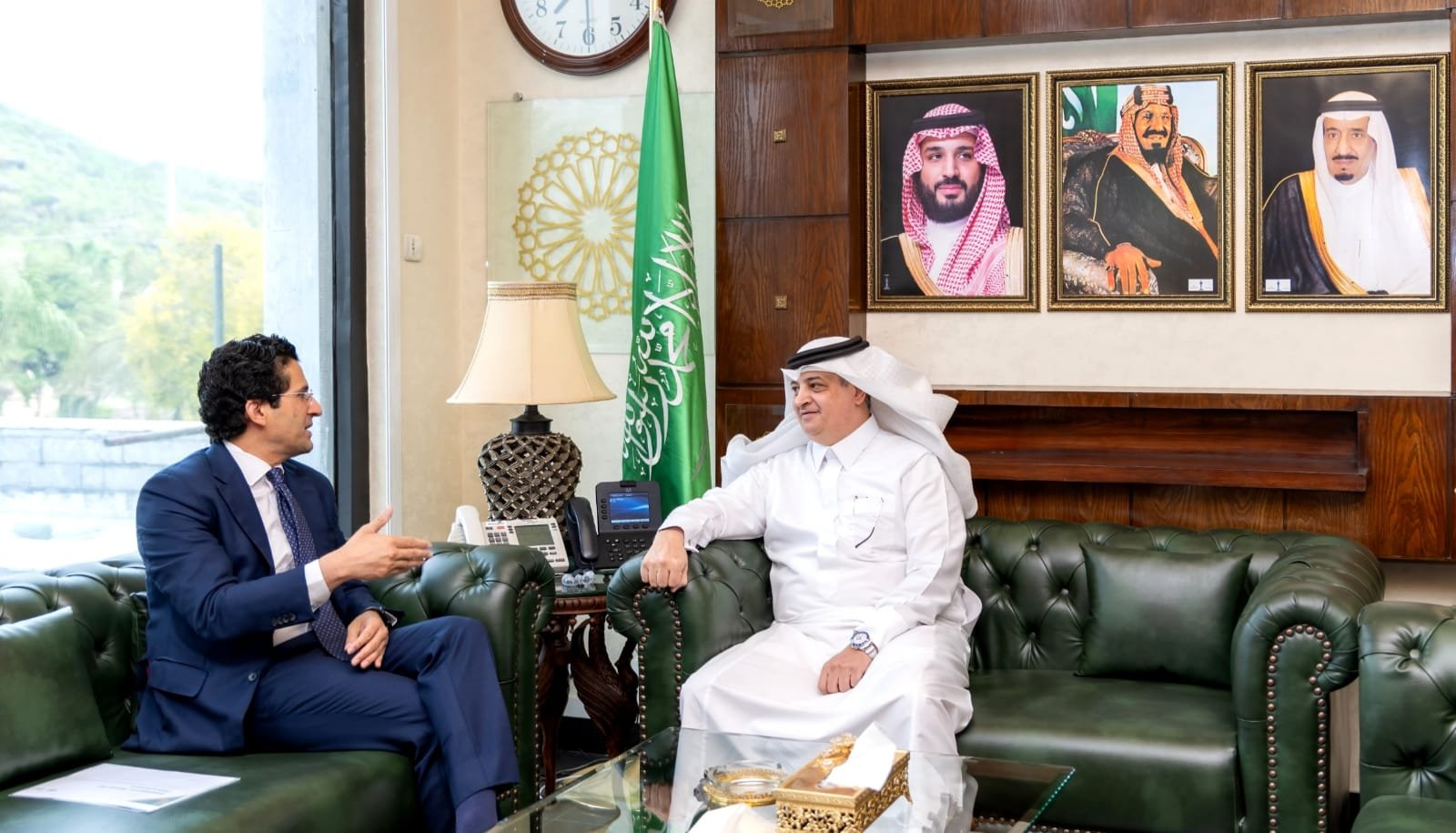
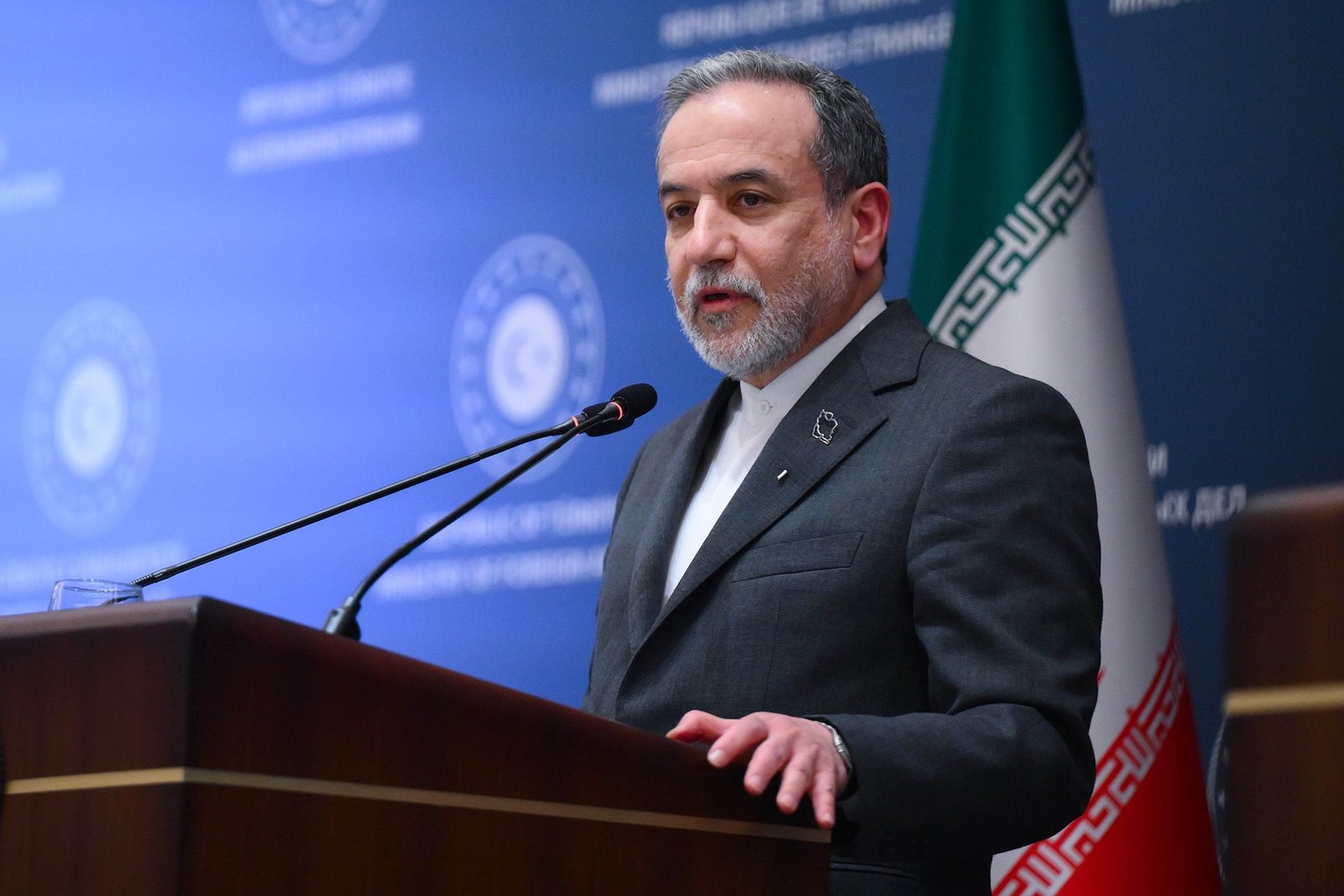
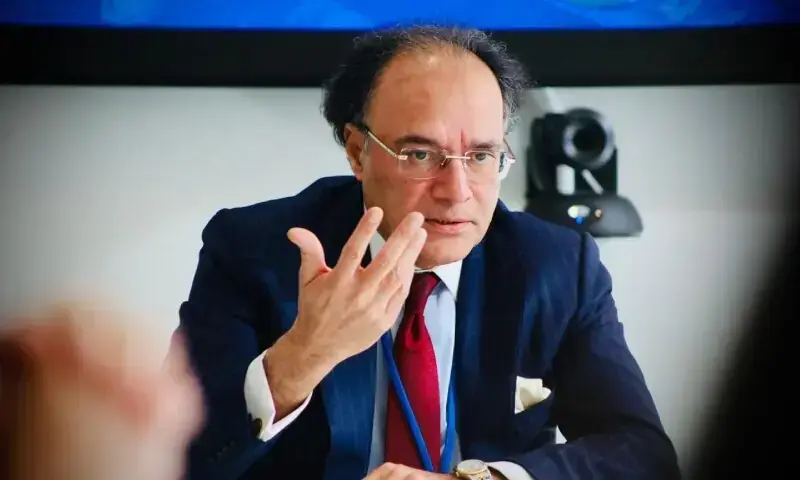
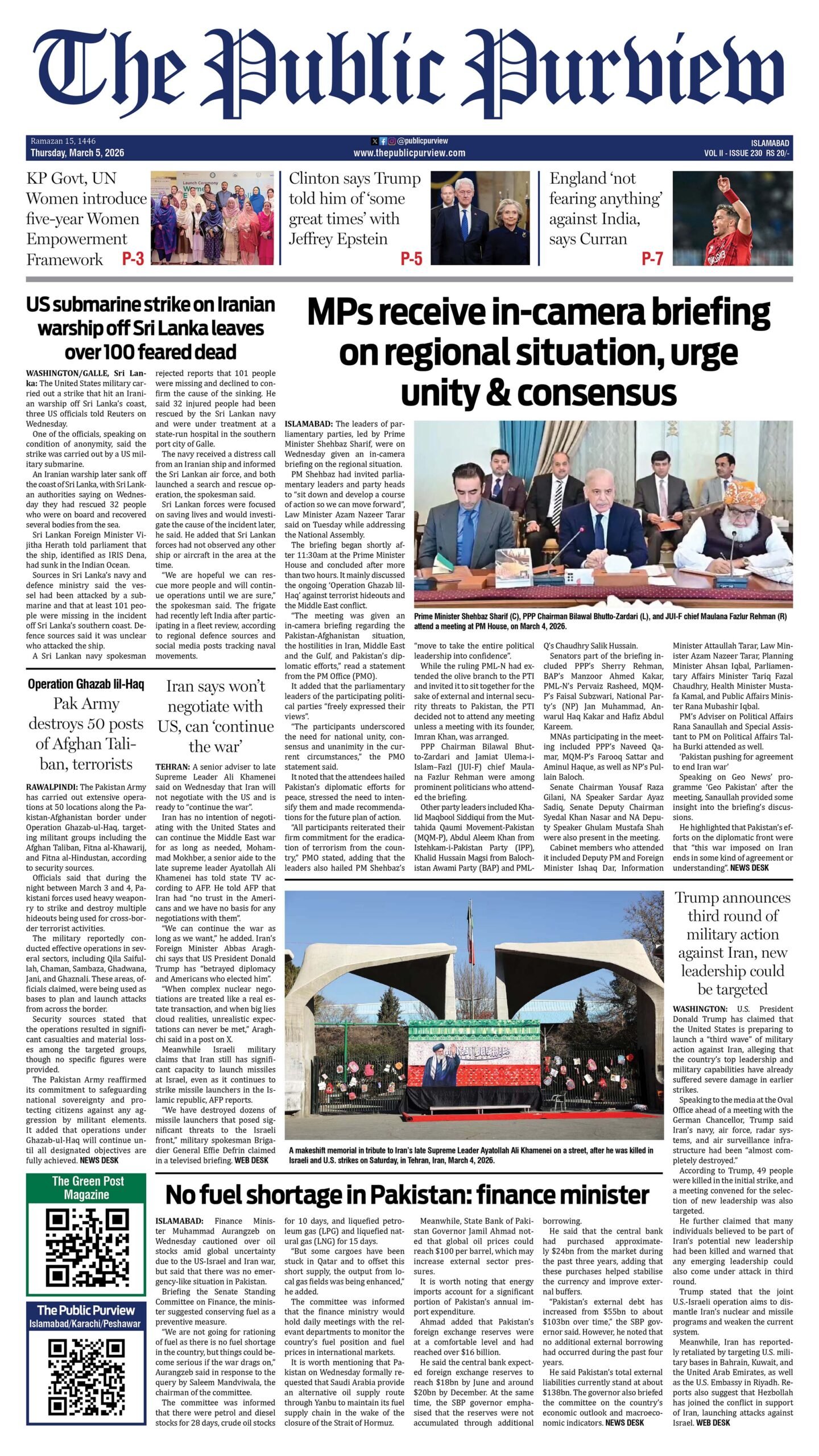 Today's E-Paper
Today's E-Paper